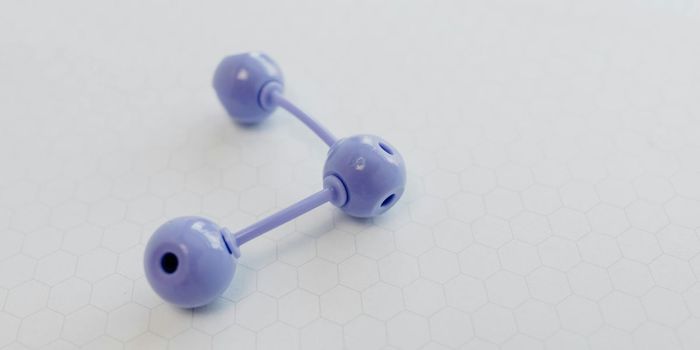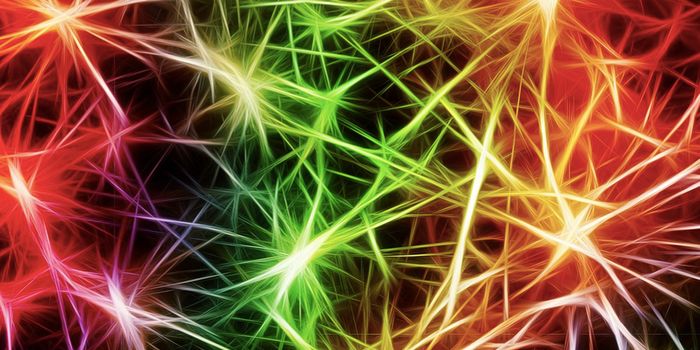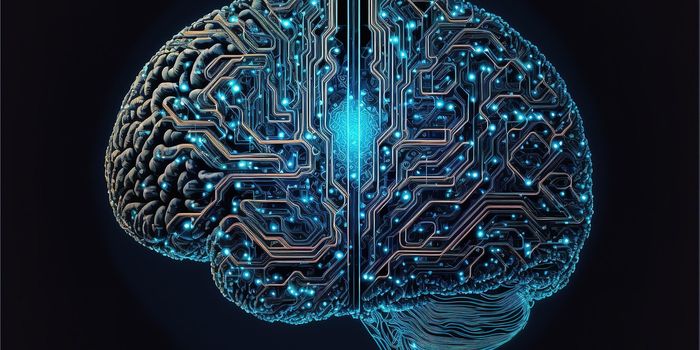Scientists Identify Distinct Brain Networks Associated with Risk and Resilience in Depression
A study published in Brain found a link between the location of brain injury to levels of depression in patients following the injury has identified two distinct brain networks: one linked to increased depression symptoms and one associated with decreased depression symptoms. The two brain networks may potentially be suitable targets for neuromodulation treatments to reduce depression symptoms.
Previous studies have shown that depression is linked to specific brain regions including the amygdala and hippocampus. The researchers analyzed brain imaging scans and depression scores from 526 patients with localized areas of brain injury from a stroke or other type of traumatic brain injury. Statistical analysis of the patients’ data involved correlating the brain lesion locations with levels of depression experienced by the patients in the months following the brain injury.
Neuroscientists at University of Iowa Carver College of Medicine have conducted previous research on brain networks, but this study is pivotal in determining future research directions. Dr. Nicholas Trapp, M.D, assistant professor of psychiatry and lead author explained, “We found some really interesting results identifying specific brain structures that were associated with higher levels of depression post lesion, and surprisingly, also found some areas that were associated with lower-than-average levels of depression post lesion.” Data from functional brain scans of healthy subjects revealed risk and resilience regions were not randomly scattered within the brain. The researchers observed the regions most strongly associated with increased depression coincided with the nodes of the so-called salience network. This network is involved in task reorientation, attention, and emotion processing.
The research team determined peak resilience regions that were associated with less depression were part of the default mode network. Scientists believe this network is involved in introspective thinking. Trapp elaborated on this observation: “Previous studies have suggested nodes of this network may be hyperactive in people with depression, who are prone to ruminating. It’s possible that lesions within this network may alter that circuit in a way that leads people to report less depression.” This study has implications for developing deep brain stimulation treatments focused on specific brain areas or networks to create an antidepressant effect.
Sources:
Brain, Eureka News Alert, University of Iowa Carver College of Medicine








